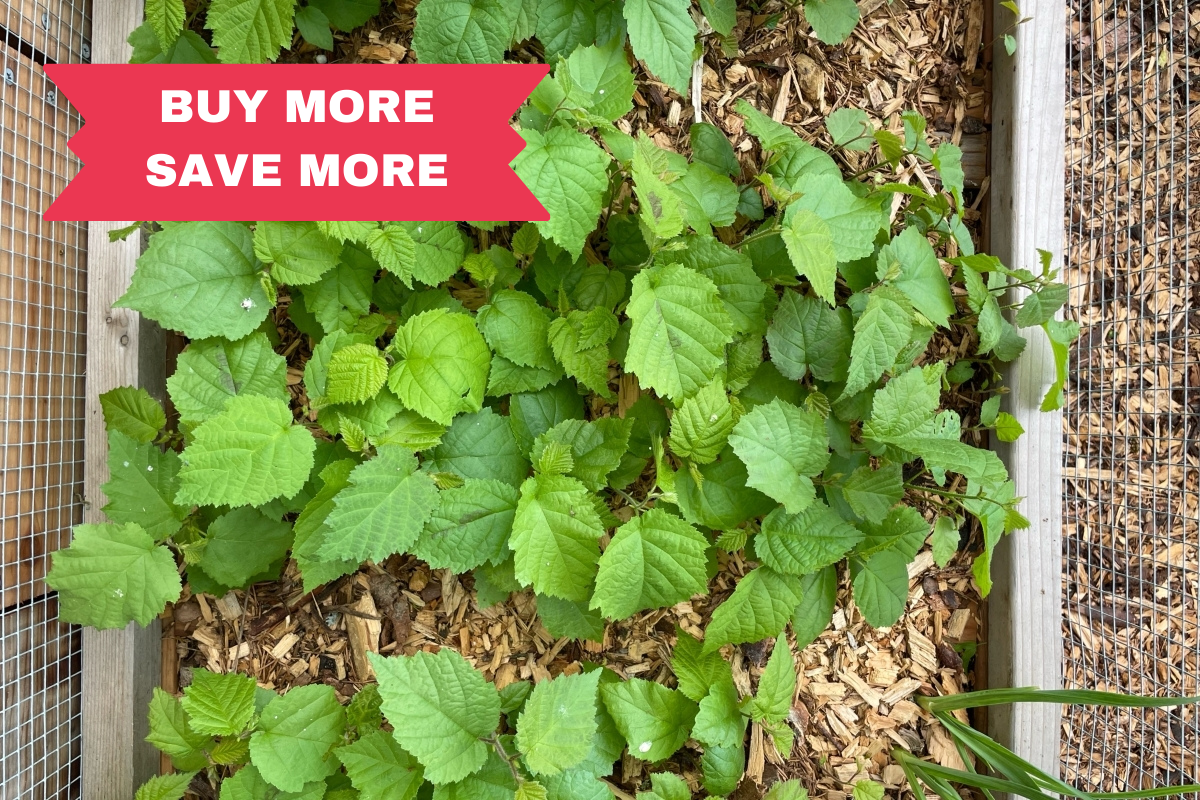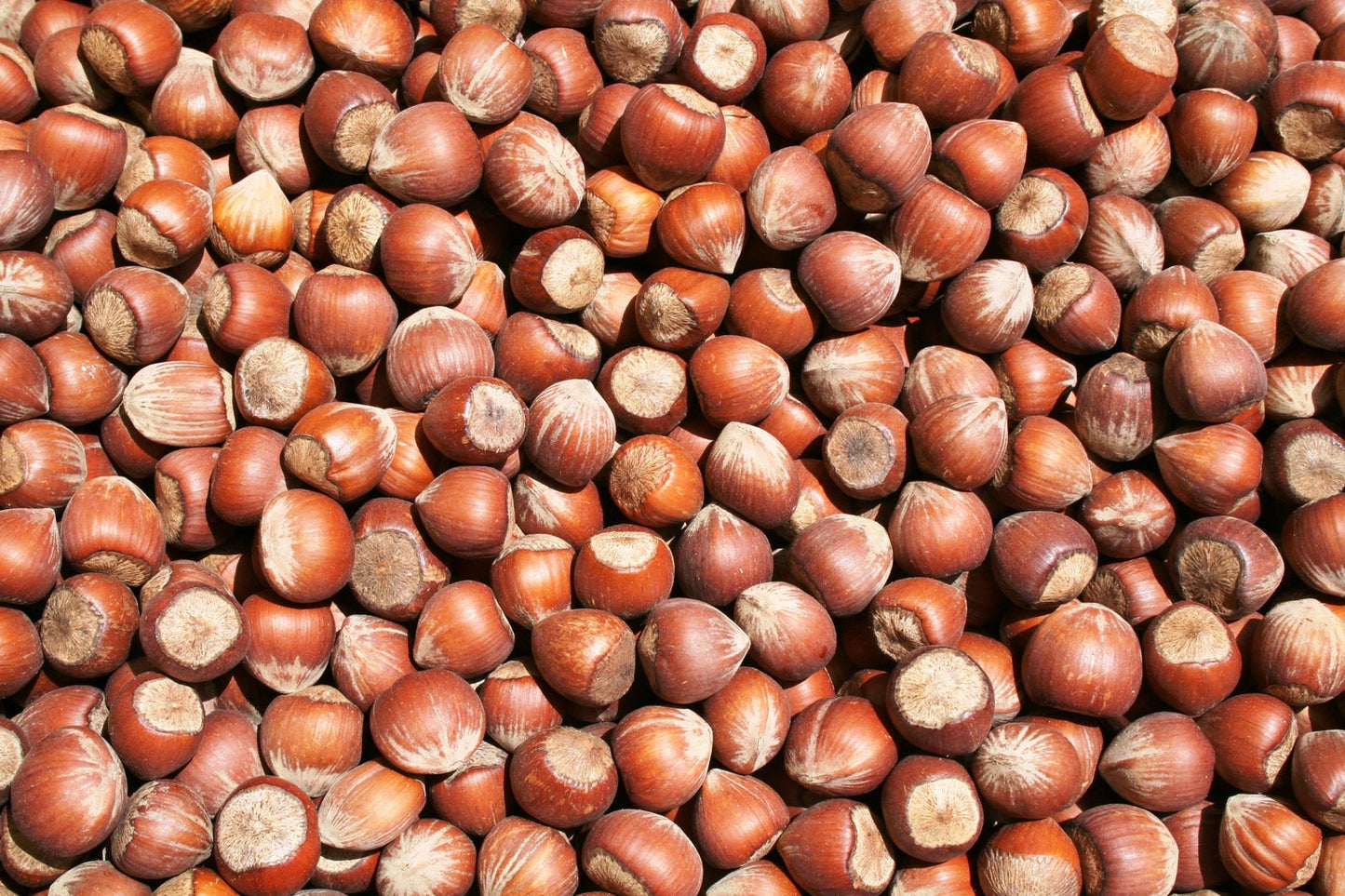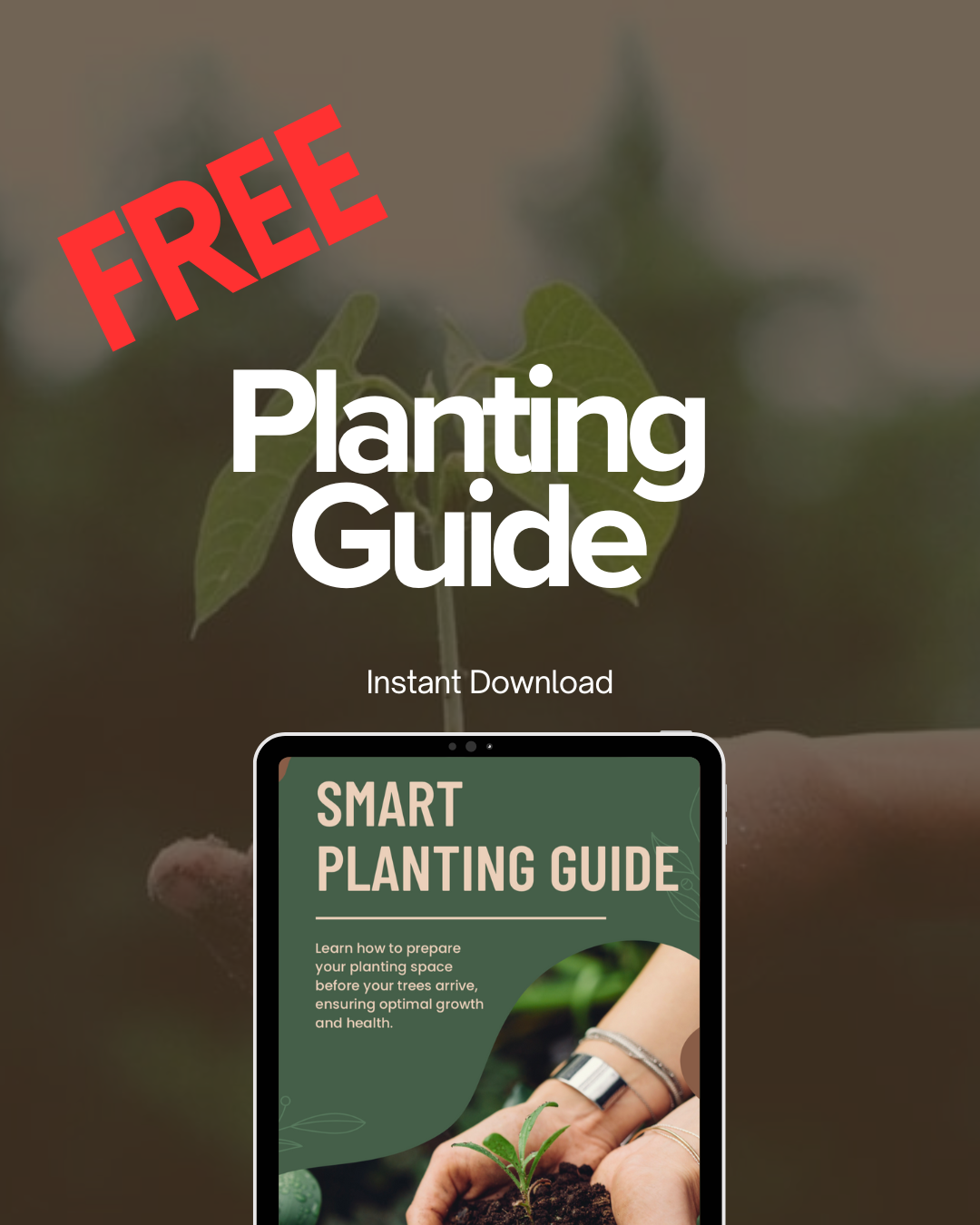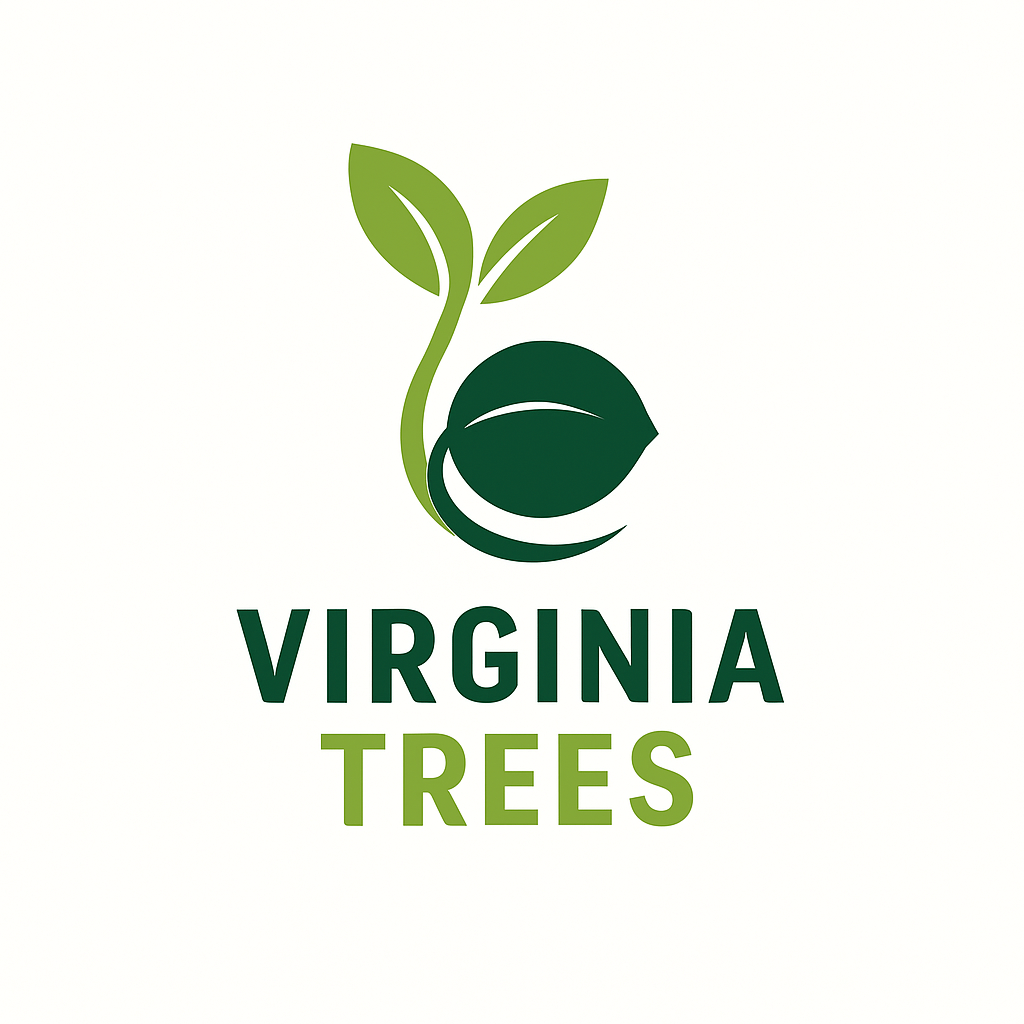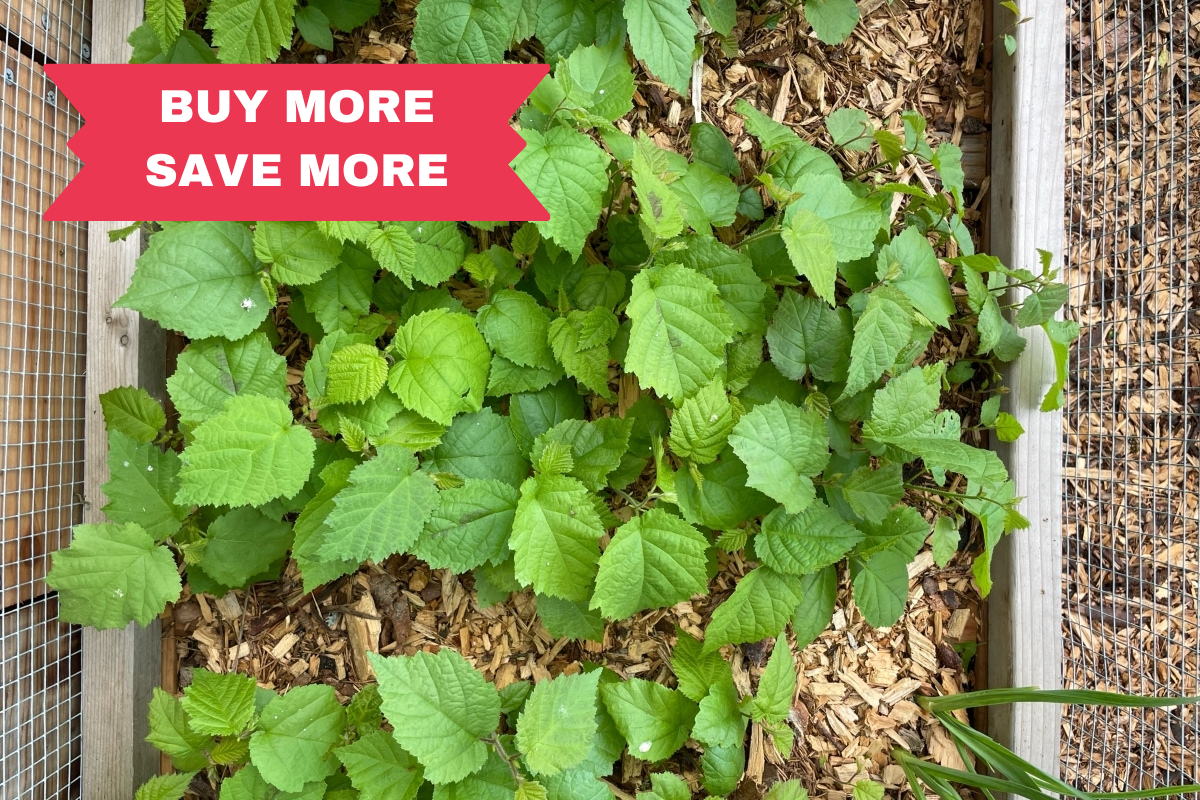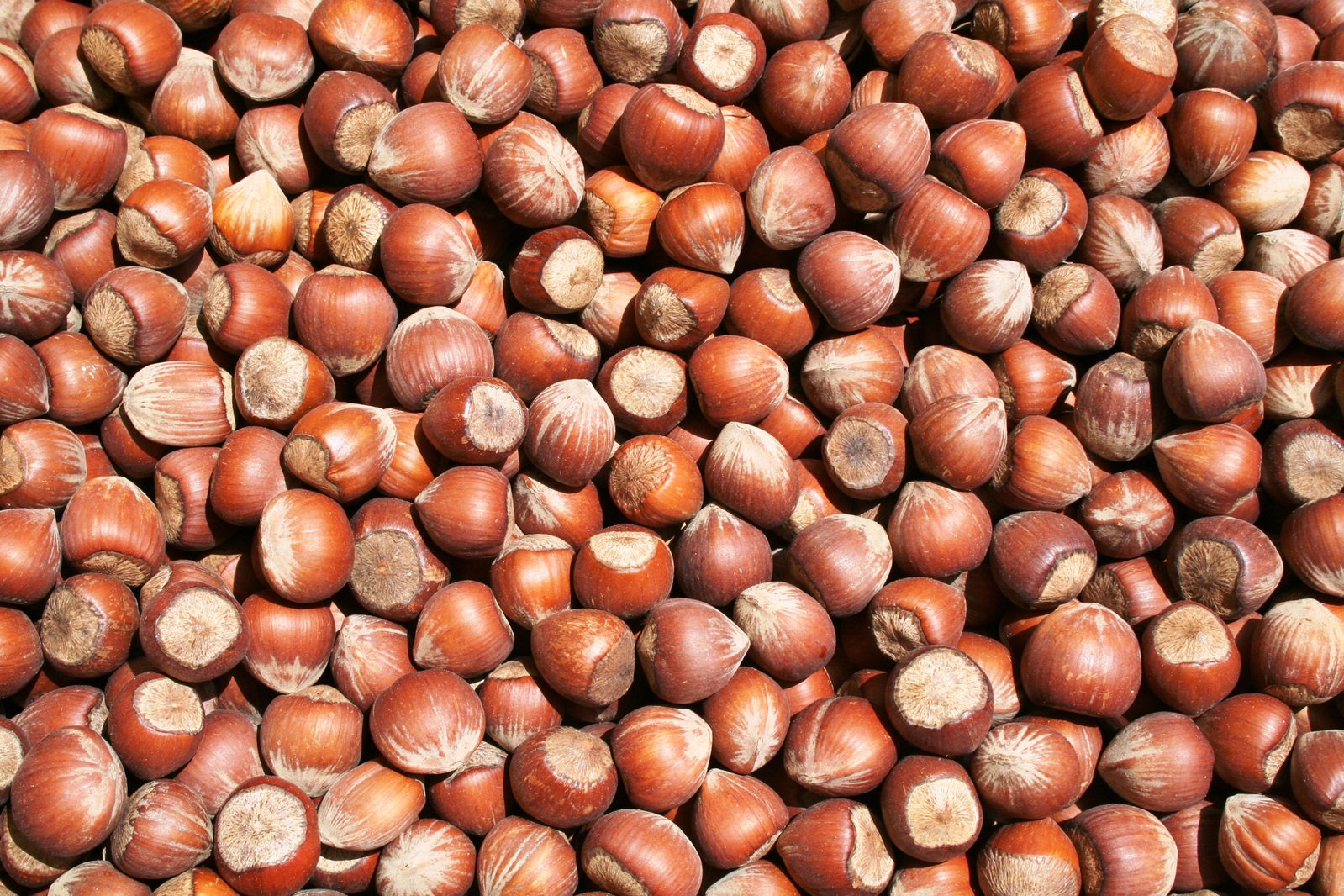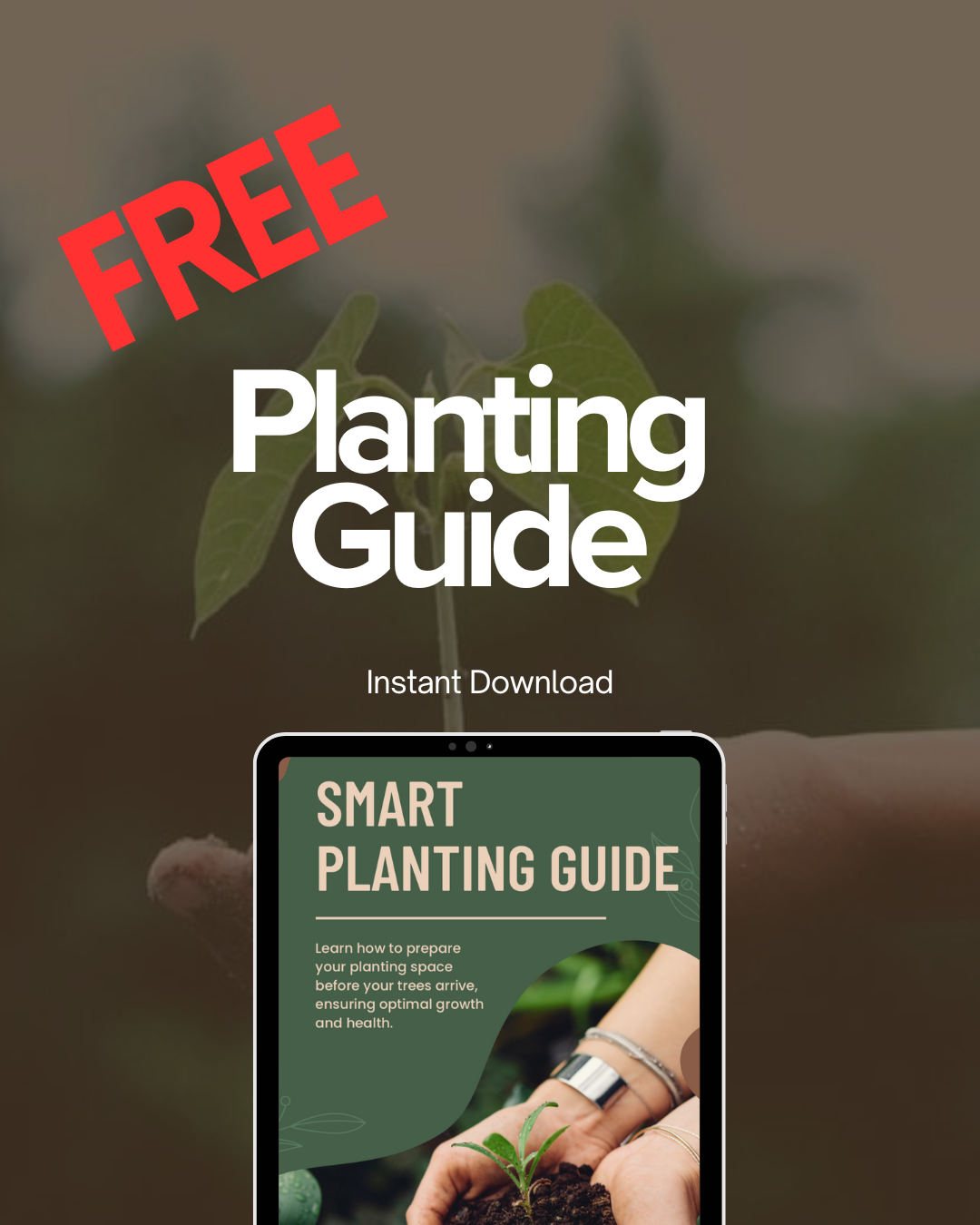Virginia Trees
Hazelnut
Hazelnut
Couldn't load pickup availability
Buy More Save More!
Hazelnuts are a delicious, nutritious, calorically dense nut crop borne on rugged, adaptable, medium-size shrubs. Hazelnuts have been a prized and highly sought-after food source - both for people and wildlife - wherever they're found, since time immemorial.
All seedlings are shipped dormant as bare roots. These are first year seedlings in the range of 1' tall.
Seedling Hazelnut: Silver Run
(Corylus avellana x americana)
Seed source: Silver Run Nursery
SRN's description:
Shipping or Pickup Info
Shipping or Pickup Info
FREE SHIPPING ON ANY ORDER OVER $59!
You will receive an email when plants begin shipping. This will be once they go dormant for the winter.
Local pickup orders will also receive an email with the potential pickup dates when we get closer as this depends on the weather.
